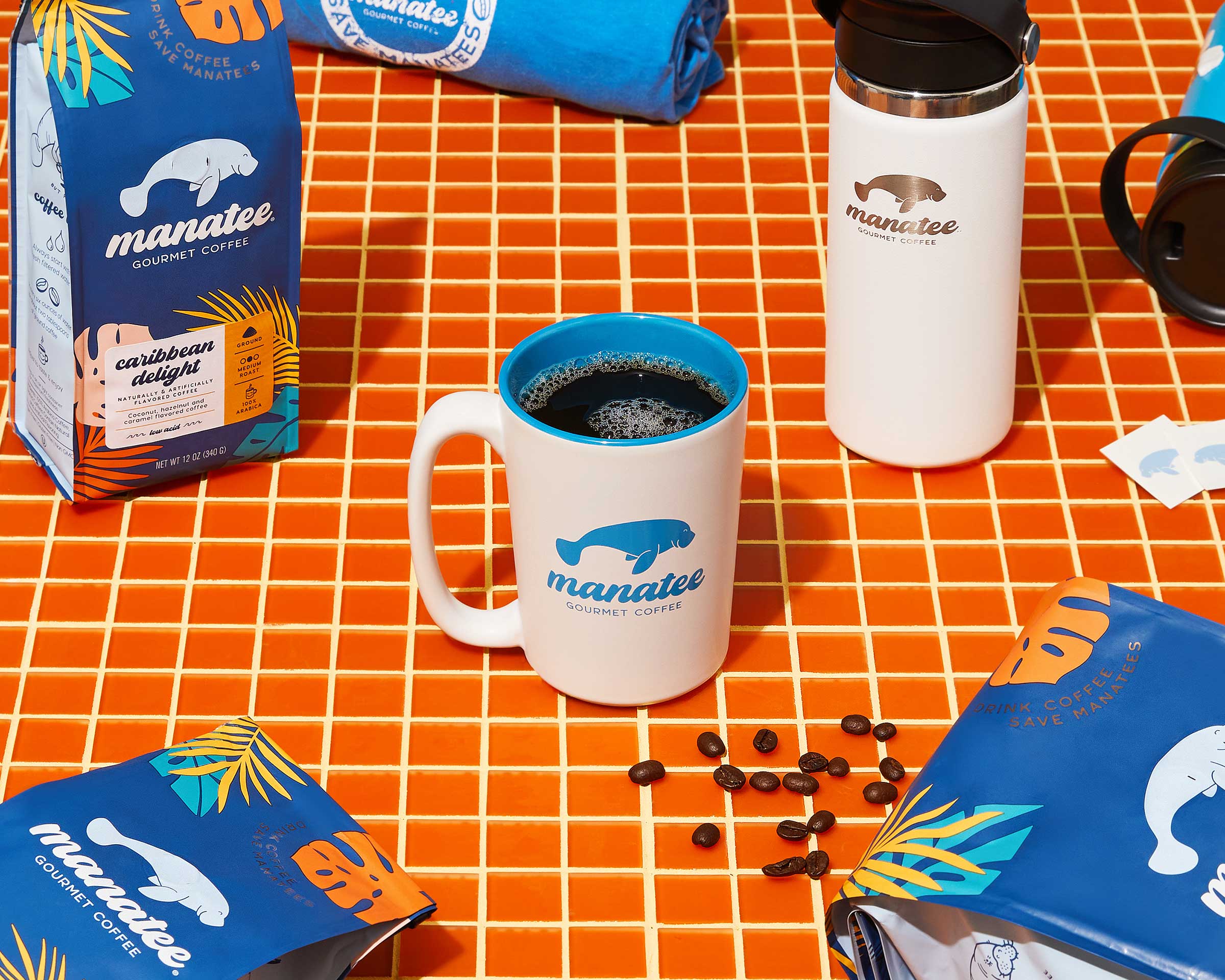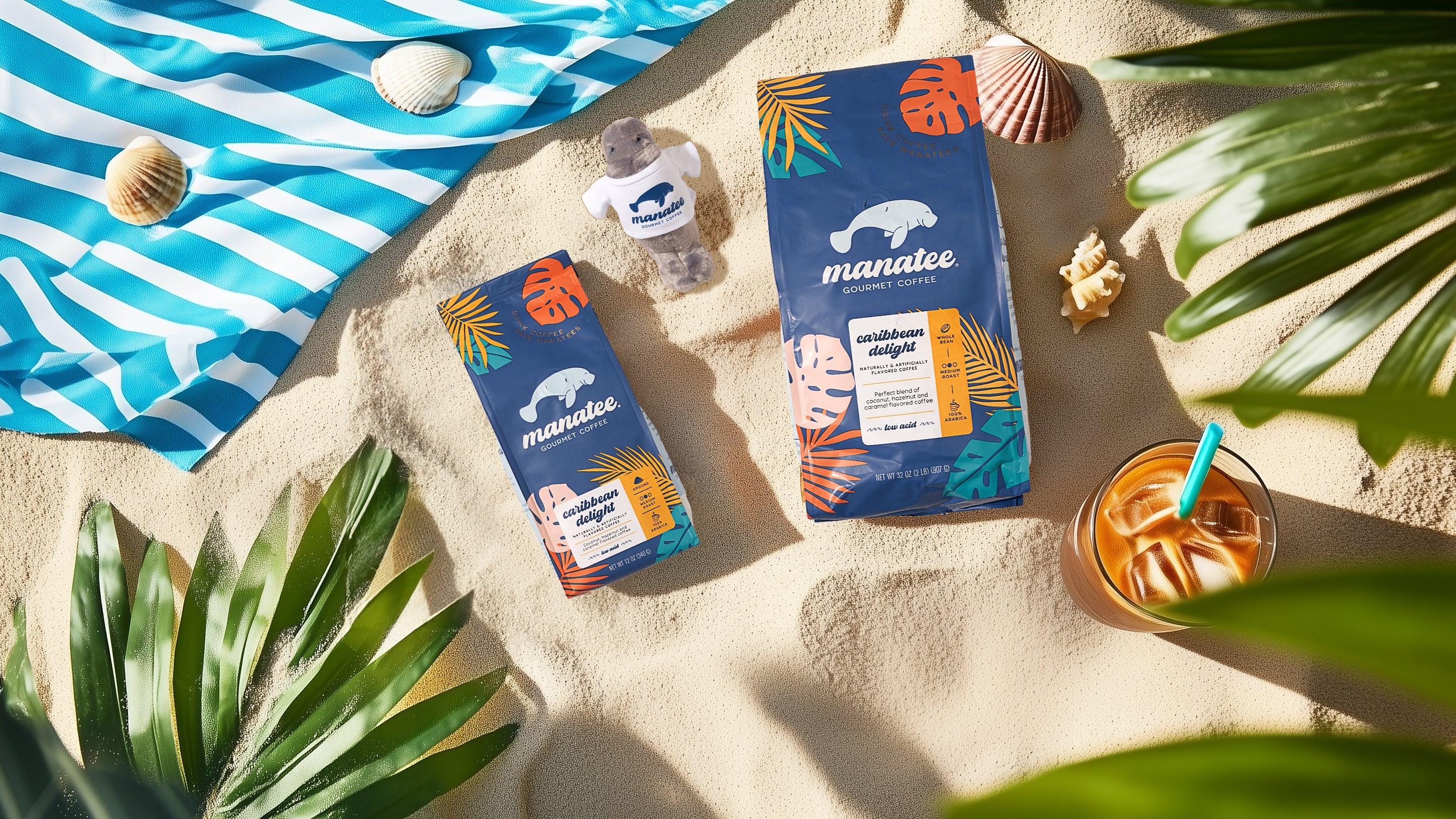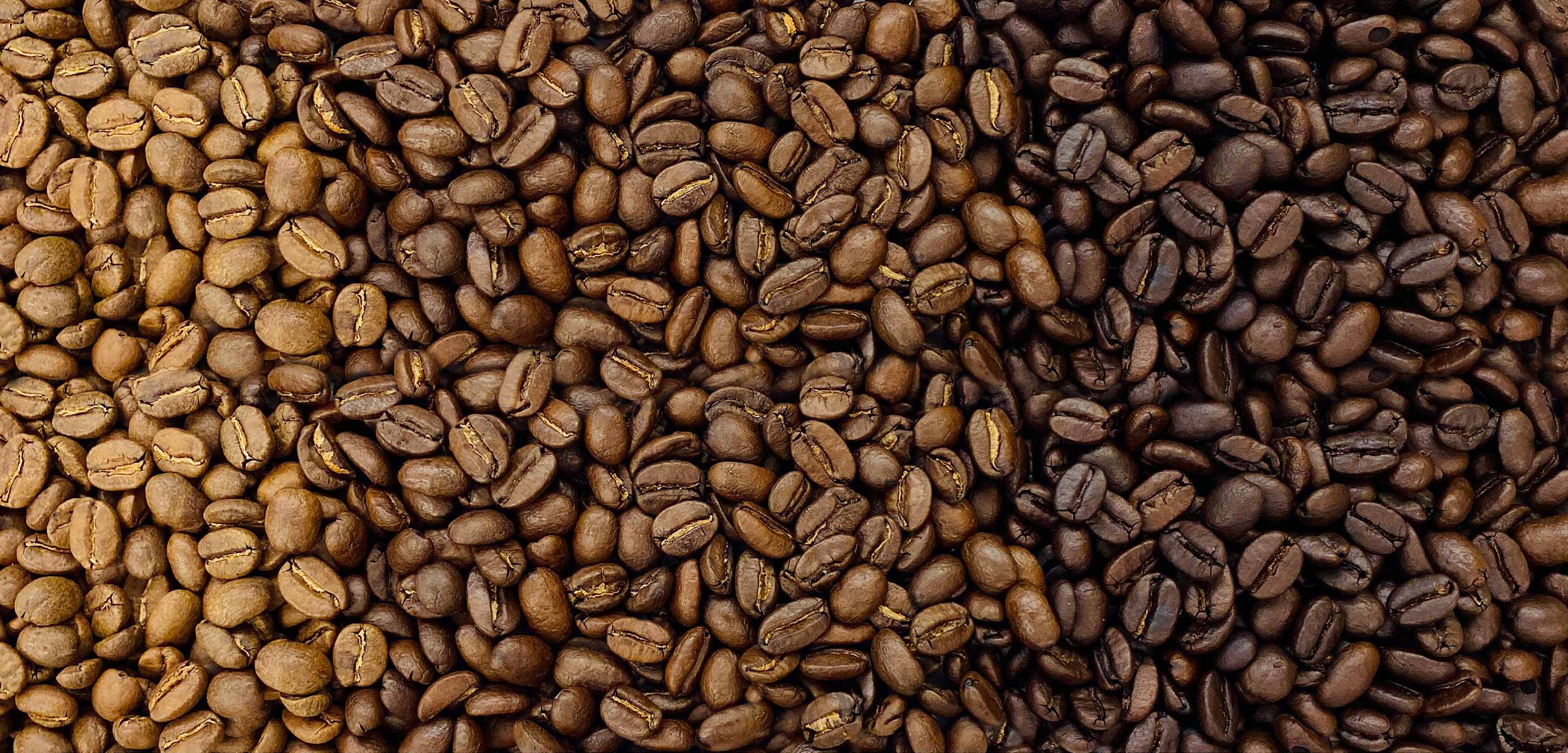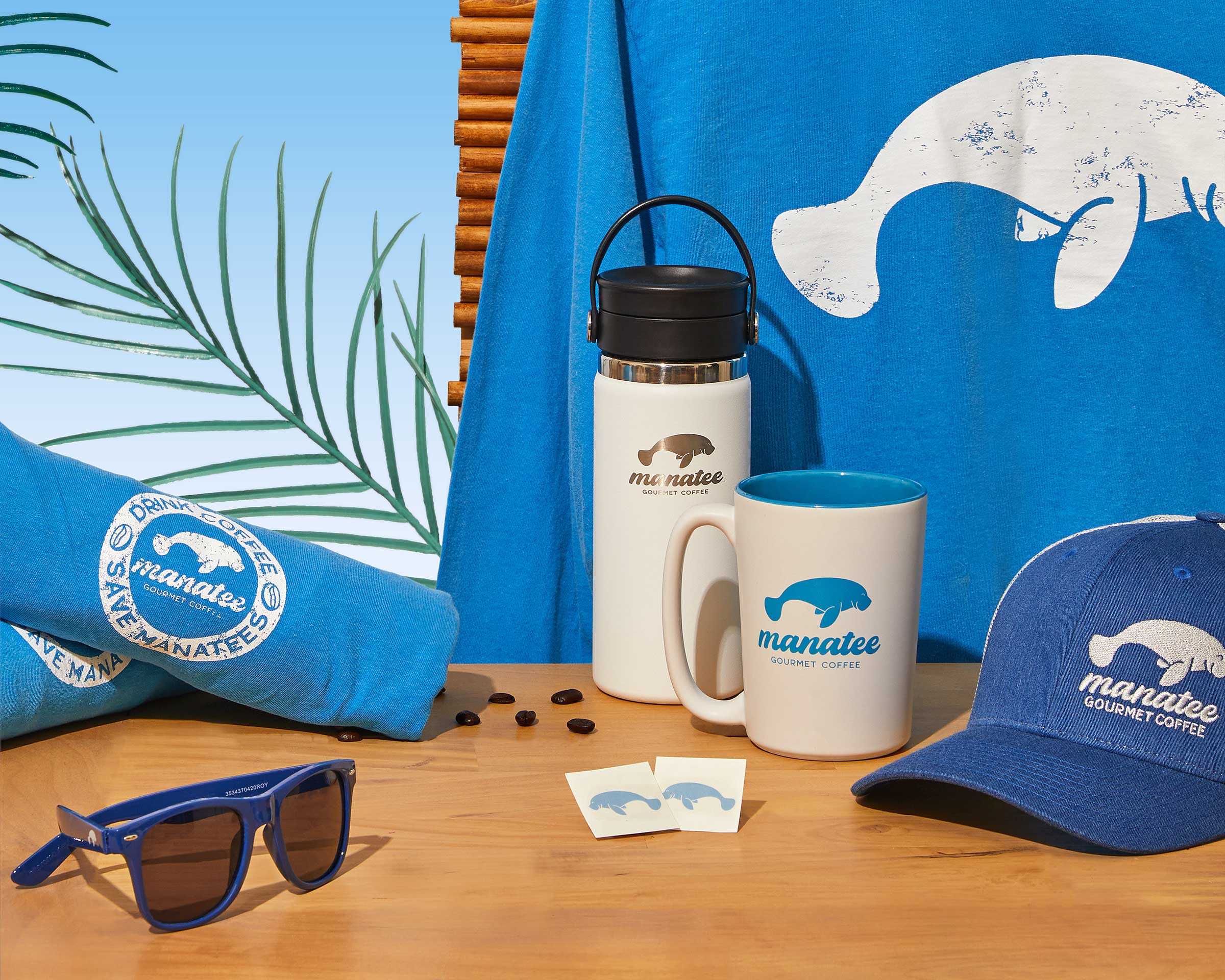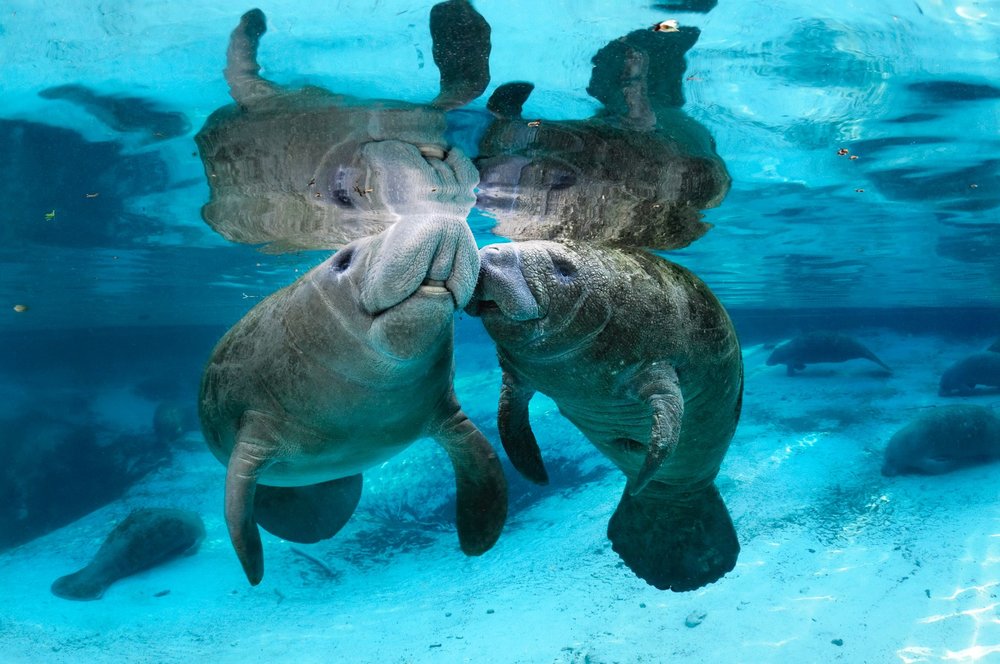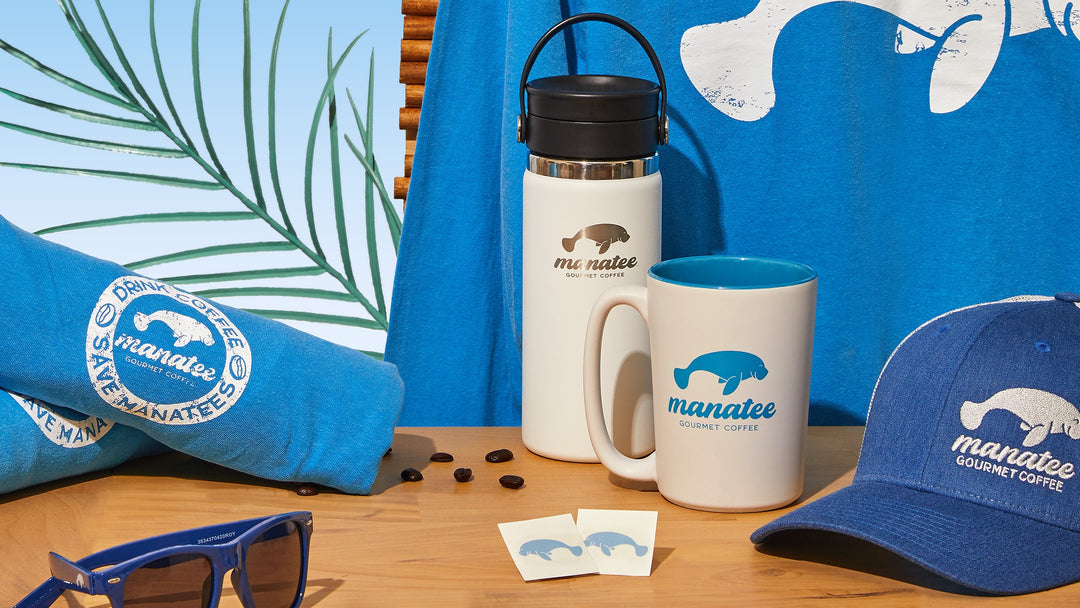Manatees exist within the US coastal waters. These "gentle giants," known for their peaceful disposition, will grow to about 10-feet long and can weigh up to 1,200 pounds.
Manatees are facing challenges from their ever-changing environments and reduced breeding areas, which is significant because females only give birth about every 2 to 5 years.
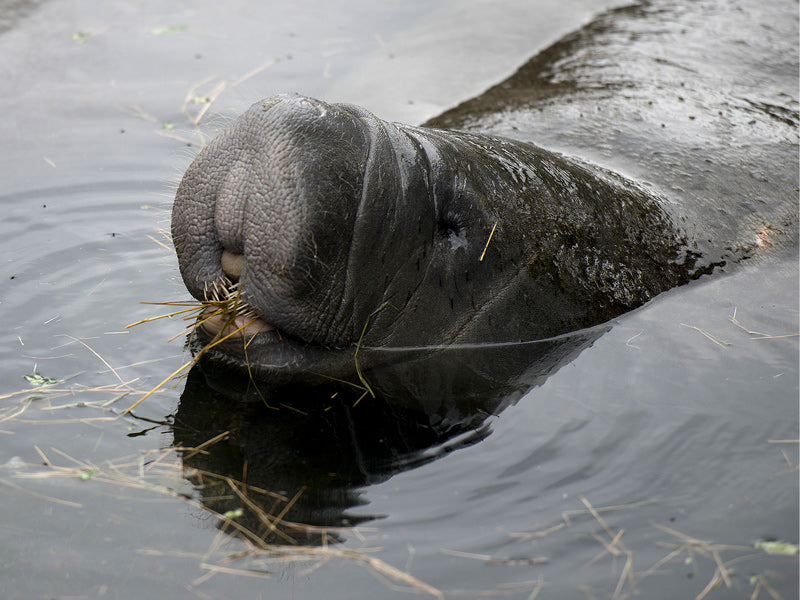
Eating & Breathing
Manatees are gentle and slow-moving. Most of their time is spent eating, resting, and travel. Manatees are completely herbivorous. They eat aquatic plants and consume 10-15% of their body weight daily in vegetation. They graze for food along water bottoms and on the surface. They may rest submerged at the bottom or just below the surface, coming up to breathe every three to five minutes. When manatees are using a great deal of energy, they may surface to breathe as often as every 30 seconds. When resting, manatees have been known to stay submerged for up to 20 minutes.
Lifespan & Mortality
Manatees have no natural enemies, and it is believed they can live 60 years or more. Many manatee mortalities are human-related. Most human-related manatee mortalities occur from collisions with watercraft. Other causes include: being crushed or drowned in canal locks and flood control structures; ingestion of litter, fish hooks and fishing line; and entanglement in crab trap lines. Ultimately, loss of habitat is the most severe threat facing manatees today.
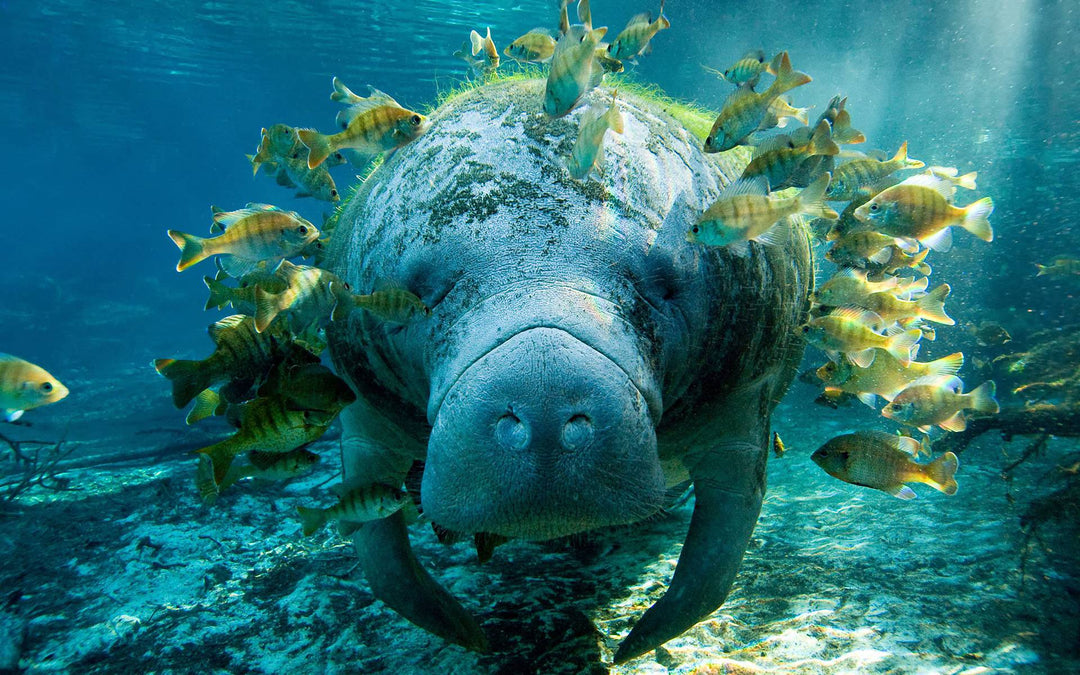
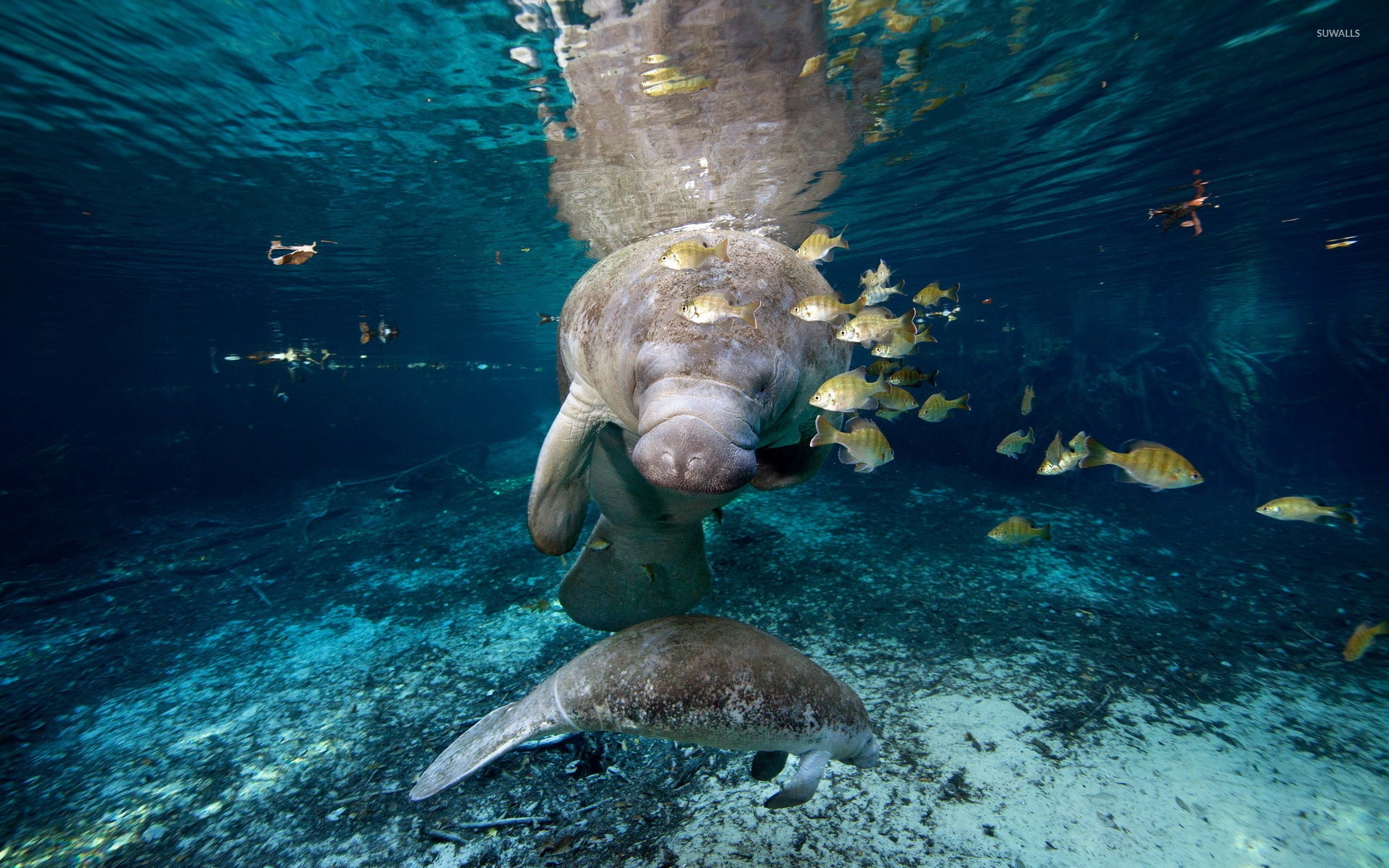
Federal & State Law
Legal Protection
Manatees are protected under federal law. It is illegal to harass, hunt, capture, or kill any marine mammal. The Florida Manatee Sanctuary Act of 1972 states: "It is unlawful for any person, at any time, intentionally or negligently, to annoy, molest, harass, or disturb any manatee." Anyone convicted of violating Florida State Law faces a fine of up to $500 and/or 60 days in prison. Conviction on the federal level is punishable by a maximum fine of $100,000 plus one year in prison.
Helpful Tips for Boating in Coastal Waterways
Wear polarized sunglasses to see manatees below the surface more easily. Try to stay in deep channels, so your prop is less likely to injure a manatee. And avoid boating over shallow seagrass beds where manatees may be feeding.
